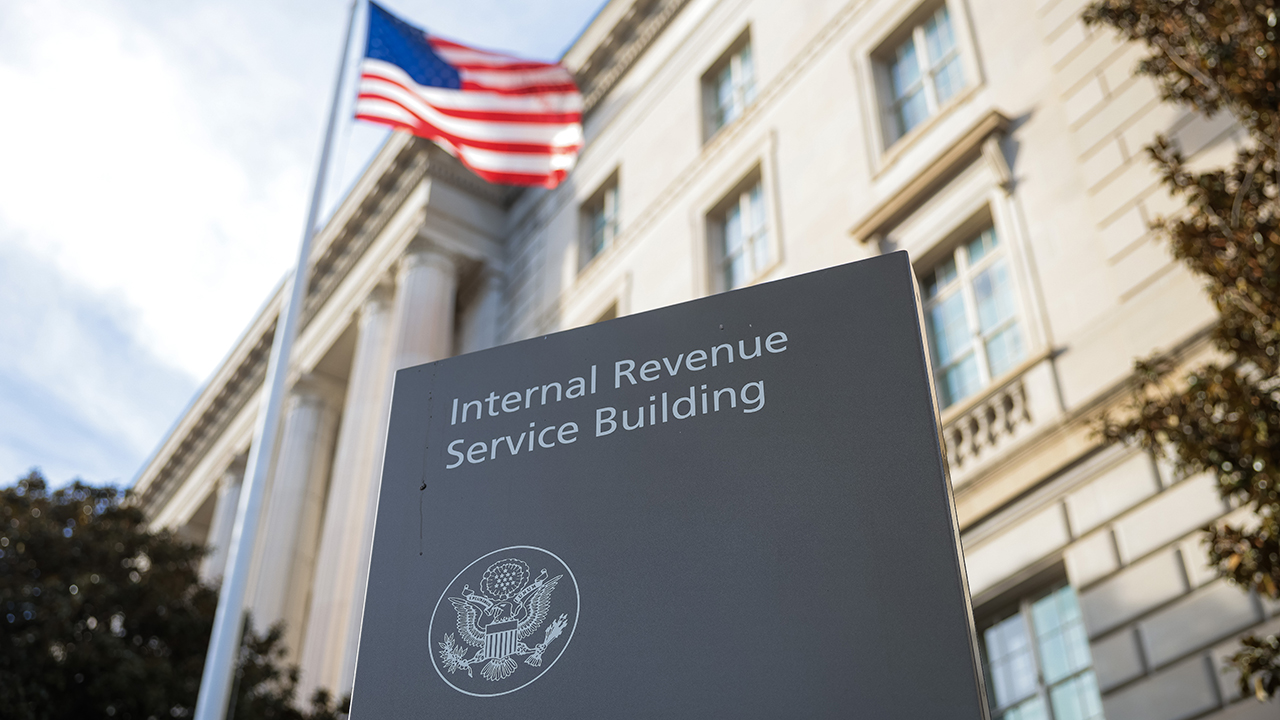The Digital Pound: What CBDCs Mean for UK Businesses and Consumers


As central banks worldwide explore digital currencies, the UK is actively progressing with its plans for a Central Bank Digital Currency (CBDC), commonly dubbed the “digital pound.” While still in the consultation and research phase, the implications of a digital pound are already generating discussion across the financial services, retail, and online sectors.
The Bank of England, in collaboration with HM Treasury, has been assessing the potential benefits and risks of issuing a digital pound for several years. Their objective is clear: to future-proof the UK economy for a digital-first future while ensuring monetary stability, security, and trust. Unlike decentralised cryptocurrencies, a CBDC would be state-backed and designed for everyday use by consumers and businesses alike.
Impact on Businesses
For UK businesses, the introduction of a digital pound could streamline transactions, reduce fees associated with card payments, and offer real-time settlement. SMEs, in particular, stand to benefit from faster cash flow and reduced reliance on intermediaries. Moreover, large-scale retailers and e-commerce platforms could adopt digital wallets and programmable money to automate discounts, loyalty rewards, and contract execution.
The financial services industry, especially fintech firms, would see increased demand for secure, innovative solutions that integrate seamlessly with CBDC infrastructure. New compliance frameworks and data-handling standards will likely emerge as regulators work to ensure the digital pound complements existing monetary systems without compromising privacy.
Transforming the Consumer Experience
For consumers, the digital pound promises greater control over personal finances. With faster, cheaper peer-to-peer payments and improved integration with mobile banking, everyday transactions could become as simple as sending a text. There is also potential for offline payments and enhanced financial inclusion, especially for those currently underserved by traditional banks.
One sector that is closely watching developments is the online betting and gaming industry, reputable UK betting websites are already preparing for a shift in payment infrastructure that could redefine user experience and raise the bar for security and responsible gaming. Instant deposits, verifiable age controls, and transparent transaction histories are just a few areas that could benefit from CBDC integration.
Challenges and Considerations
Despite the promise, significant challenges remain. A primary concern is privacy—how to balance transparency for regulators with user anonymity. There are also debates about the potential impact on commercial banks, as consumers might shift deposits from private institutions to the central bank’s digital alternative.
Additionally, interoperability will be crucial. For a digital pound to succeed, it must work seamlessly across borders, platforms, and devices. This raises questions around global standards, technological resilience, and cybersecurity.
Looking Ahead
The UK government is expected to make a final decision by 2026 on whether to launch a digital pound. In the meantime, pilot programmes, public consultations, and private-sector engagement will continue to shape the path forward.
One thing is sure: the digital pound could fundamentally transform the way money moves through the UK economy. From financial institutions and tech startups to retailers and much more, the coming years will demand adaptability, innovation, and trust in a new era of digital finance.
The post The Digital Pound: What CBDCs Mean for UK Businesses and Consumers appeared first on European Business & Finance Magazine.











































